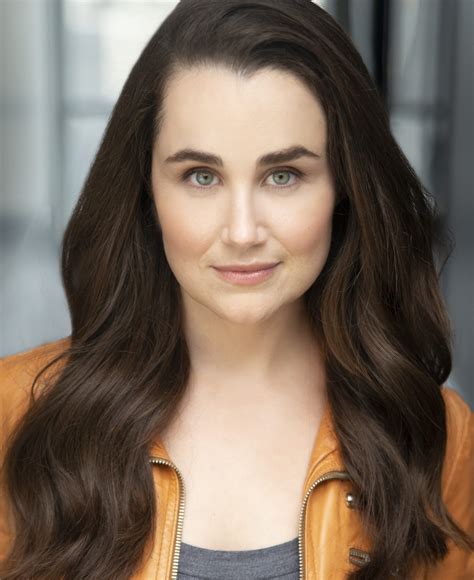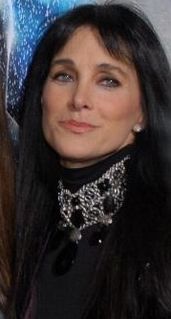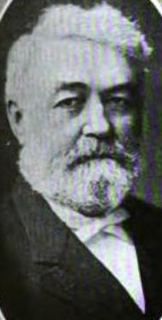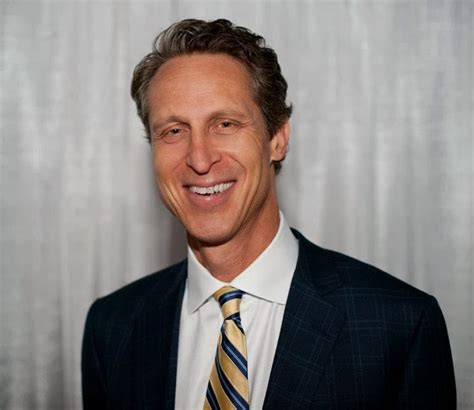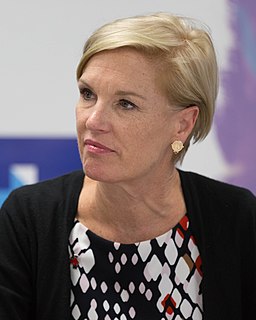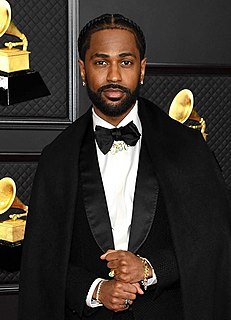A Quote by Lauren Worsham
I only worked theater jobs, but they were all really silly when I first graduated. I was a line monitor at 'Spamalot,' which means I got there at 8 A.M. and told people how much the tickets were for standing room. I was an NYU Medical School fake patient, to teach doctors how to talk to patients.
Related Quotes
I worked at a movie theater in Tempe, Arizona, when I went to community college there. And I got fired because a sorority had rented out a theater to watch 'Titanic,' and they were being really rude to me while they were waiting for the movie. So as I tore their tickets, I told them the end of the movie.
To really talk about African story, and teach this story, you have to teach that tribes were actually nations. You have to teach that chiefs were actually kings, with kingdoms. You have to teach that there was a structure that worked in Africa prior to colonialism. You have to teach that countries were colonized that were doing fine by themselves. And that's uncomfortable.
When I came to this country in 1958, to be a dying patient in a medical hospital was a nightmare. You were put in the last room, furthest away from the nurses' station. You were full of pain, but they wouldn't give you morphine. Nobody told you that you were full of cancer and that it was understandable that you had pain and needed medication.
I didn't have drama in high school. So when I graduated high school and started at Wayne State in Detroit, I told my parents I was going to major in theater. And they were like, 'OK. Why? You've never done it.' But, it was just what I wanted, and they came to see my very first show and, from then, completely supported me.
We made 'Mickey and the Bear' with barely any money with a first-time director, a first-time director of photography, and a crew who had just graduated from NYU film school. We were all very much in this together for the first time. There's no famous actor or big explosions. It's not a Marvel movie. I thought nobody was going to see this film.
Part of my training was learning how to refer patients to cardiologists for heart problems, gastroenterologists for stomach issues, and rheumatologists for joint pain. Given that most physicians were trained this way, it's no wonder that the average Medicare patient has six doctors and is on five different medications.
Vague promises of savings from cutting waste, enhancing prevention and wellness, installing electronic medical records and improving quality are merely ‘lipstick’ cost control, more for show and public relations than for true change... Savings will require changing how doctors think about their patients: Doctors take the Hippocratic Oath too seriously, “as an imperative to do everything for the patient regardless of the cost or effects on others.
I got into medical school at the University of California in San Francisco and did well. A lot of smart kids in medical school, and believe me, I wasn't not nearly the smartest one, but I was the most focused and the happiest kid in medical school. In 1979, I graduated as the valedictorian and was honored with the Gold Cane Award.
I've been making a list of the things they don't teach you at school. They don't teach you how to love somebody. They don't teach you how to be famous. They don't teach you how to be rich or how to be poor. They don't teach you how to walk away from someone you don't love any longer. They don't teach you how to know what's going on in someone else's mind. They don't teach you what to say to someone who's dying. They don't teach you anything worth knowing.
